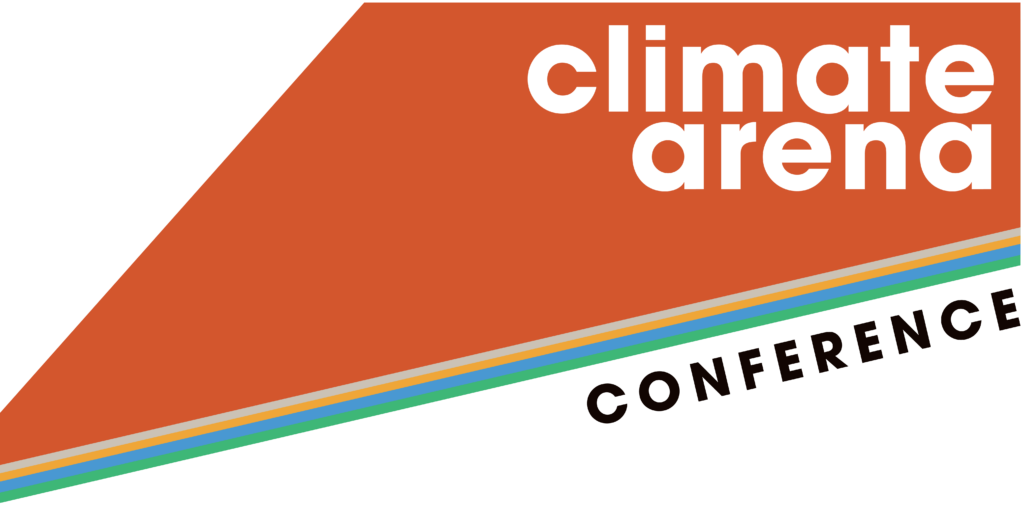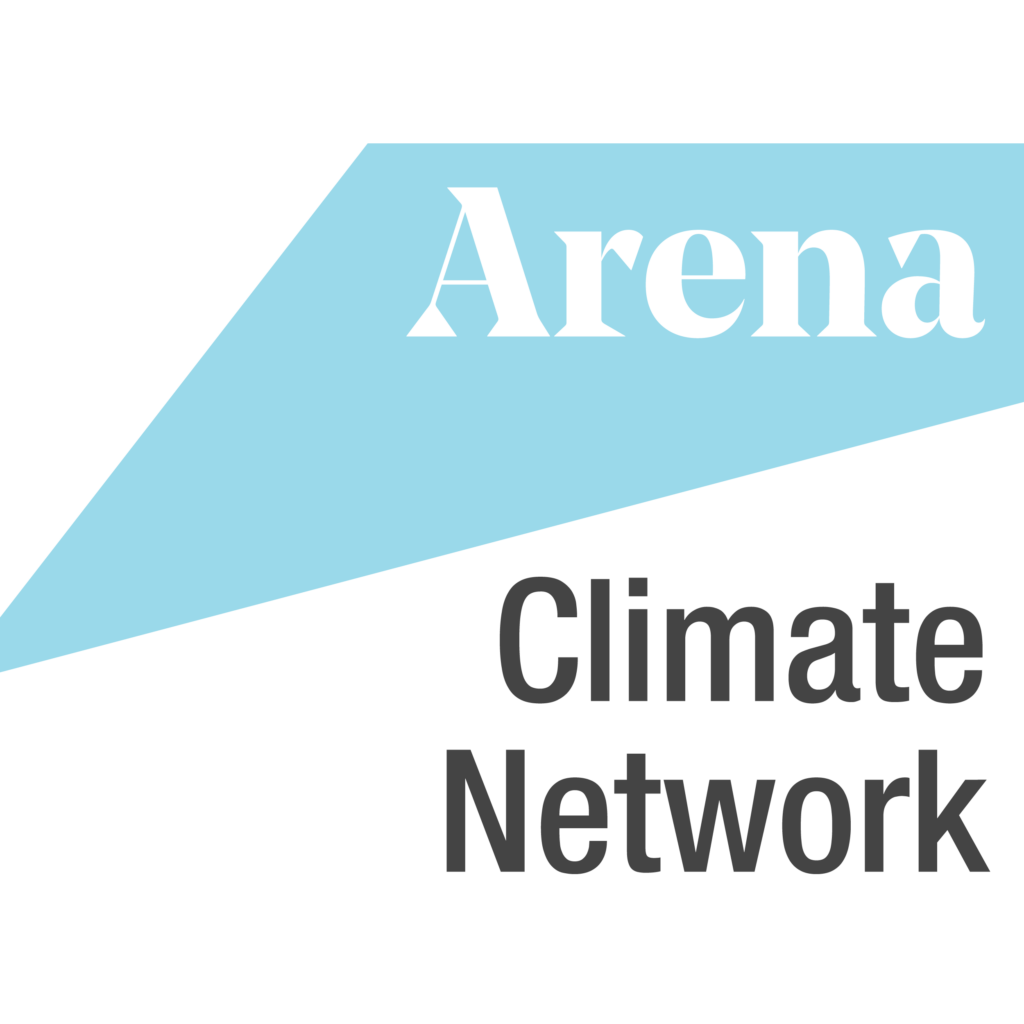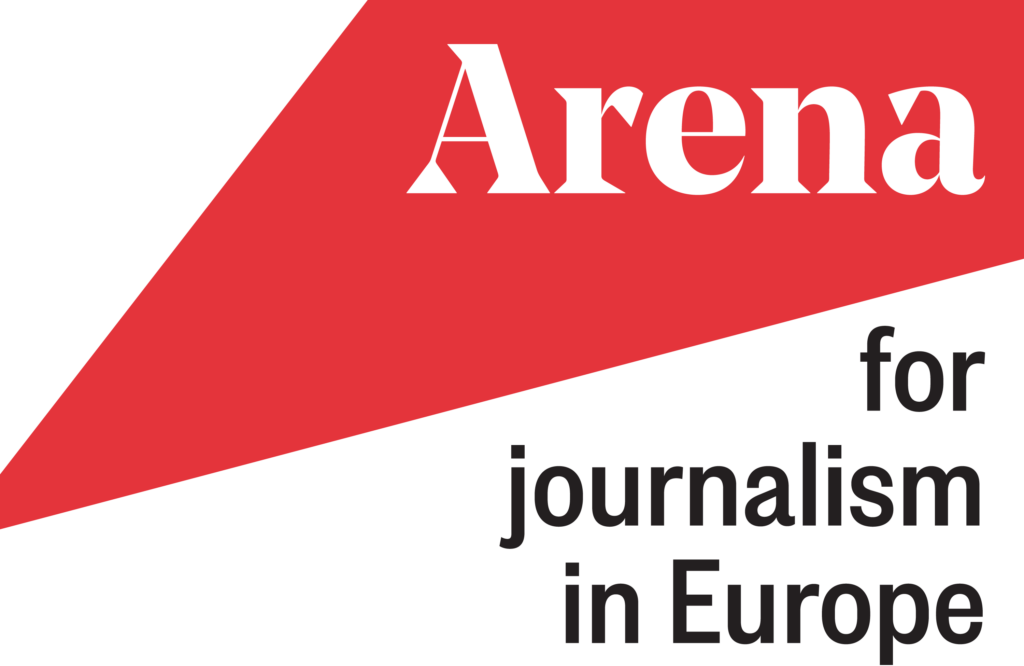++Applications for the 2025 cohort are now closed++
At Climate Arena, we want to bring together individuals and teams who want to work across borders on a climate related story and need help from Arena for Journalism in Europe
Each year, have a fellowship opportunity for those who have a cross-border and investigative climate story idea and are eager to work in a team setting.
Fellowships in a nutshell
The Climate Arena Fellowships are an integral part of the Climate Arena conferences. From the start the aim has been to invite pitches for stories, and select around 10-15 fellows: this group meets in person before the conference for two-day training and discussions, and then the fellows participate in the conference itself with the other attendees.
After the conference, the fellows work on the stories they pitched. They have the opportunity too to attend online training sessions and meet ups, as well as mentoring sessions with their masterclass coordinator. In most cases, the resulting stories are published within 6-12 months of the conference.
The pitches are reviewed by a small group of Arena colleagues – they are looking firstly for viable stories which have not been covered before. They also try to get a range of experience, nationality and gender among the fellows. Ideally the selected fellows will have things they need to learn, and things they need to share with others.
What do the fellows get out of the scheme?
The Arena fellowship gave me an essential push to dive into this topic: the environmental footprint of big tech’s physical infrastructure. Today I keep working on this story. The fellowship showed me there was plenty of interest and room to dig into it. At the same time the program gave me the opportunity to meet reporters that in some cases are now friends or colleagues I am in contact with.
Pablo Jimenez Arandia
It was good to have a mentor, someone external you could rely on for any kind of questions. Also the network of other fellows was very helpful. From a journalistic point of view, we learned that it is crucial to develop a clear and simple story line. Even if the topic is very complex, at some point you have to find a equilibrium between explaining all nuances and bringing a clear message.
Bart Grugeon
The Arena Fellowship was instrumental in expanding my network and deepening my understanding of advanced fire monitoring technologies, such as satellite analysis. This opportunity enriched my ability to approach complex environmental issues, although I discovered the limitations of satellite-based monitoring for Belgium’s natural landscapes. However, the experience has prepared me well for future investigations in broader contexts.
Annick Hus
The fellowship was an inspiring opportunity to meet and exchange ideas with other colleagues in person and to take part in the kick-off conference. My project “Mapping the Water Crisis” was launched on the spot as a result of my impressions at the conference. I would particularly like to emphasize the great and helpful support of the fellowship team.
Kai Rusberg
The Arena fellowship provided the necessary funding for carrying out the reporting and, most importantly, invaluable access to expert resources that helped me deepen my understanding of the topic.
Michele Calamaio
Publications
Selected stories from our previous fellows:
- Michele Calamaio reported on the effect of submarine cables on wildlife in the Mediterranean
- Bart Grugeon looked at the return of night trains across Europe
- As well as reporting on the climate crisis for WDR, Kai Rusberg created a map of water crises across Europe
- Annick Hus looked at measures being taken to limit wildfires
- Pablo Jimenez Arandia reported on the environmental impact of server farms in Spain
- Ruth de Frutos wrote about the impact on water supplies of fruit farming
- Tom Brown’s research on tricks to hide gas flaring was published in the Guardian and with Follow the Money
- Sofia Cherici wrote about Istanbul’s quest for fresh water and its drastic consequences on small communities


